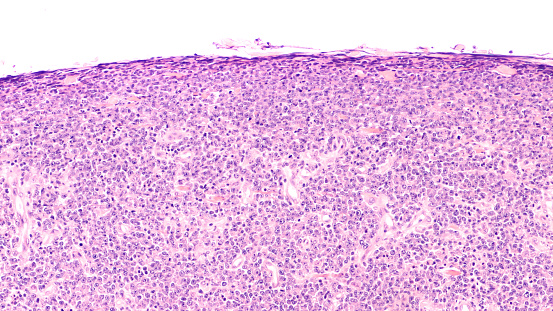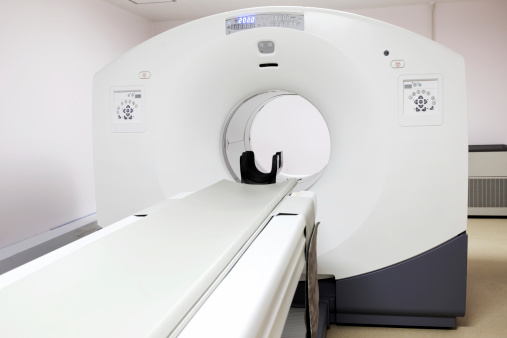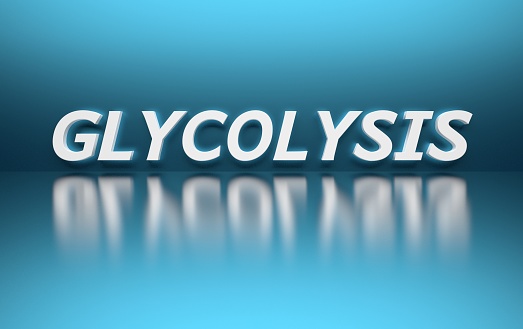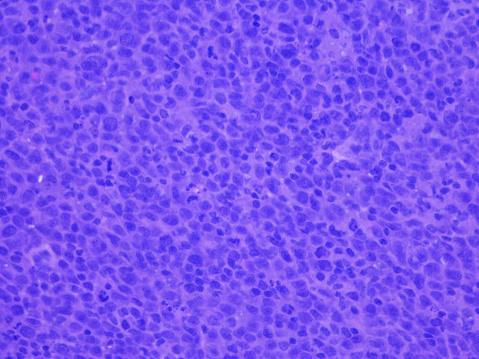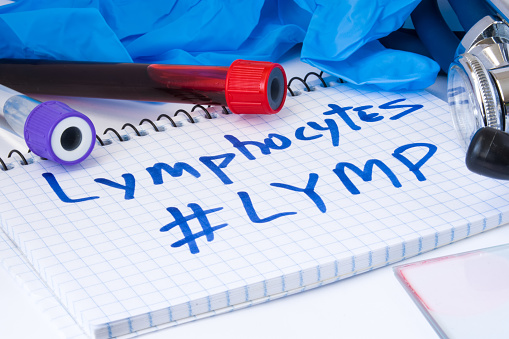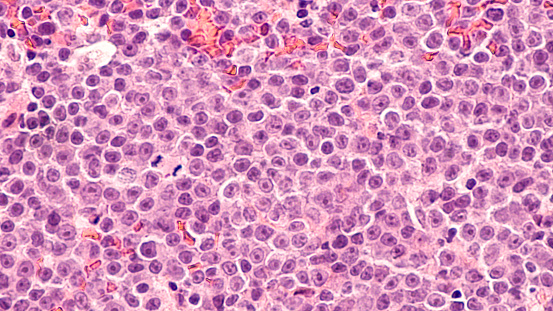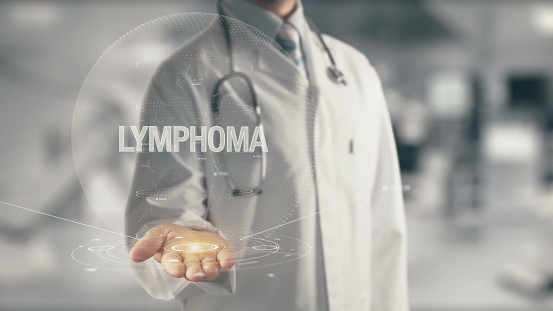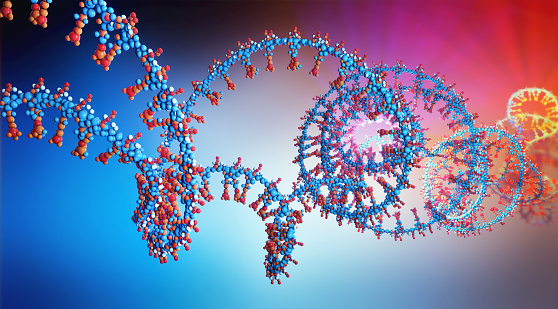Some patients with primary refractory diffuse large B-cell lymphoma (DLBCL) may not benefit from current treatment regimens, according to a study published in Cancer Medicine.
“Although the standard treatment for relapsed DLBCL is high-dose chemotherapy and autologous stem cell transplantation (HDC-ASCT), the efficacy of this approach for primary refractory DLBCL is not well understood,” the researchers wrote.
In this study, 69 consecutive patients with primary refractory DLBCL were categorized as partial responders (partial response to rituximab plus cyclophosphamide, doxorubicin, vincristine, and prednisolone [R-CHOP] or relapse within 6 months of R-CHOP) (n=41) or primary progressors (no response to R-CHOP) (n=28). The researchers used the Kaplan-Meier to develop survival curves, and the log-rank test for comparisons.
Following analysis, the researchers observed that the three-year overall survival (OS) rate was significantly worse in the primary progressors group compared to partial responders’ group (15% vs. 48%, p<0.001). They found that about 23% of patients treated with HDC-ASCT were primary progressors, with only one surviving without relapse. Although double-expressor lymphoma status did not significantly impact OS among all patients (p=0.794), it was identified as an independent poor prognostic factor in HDC-ASCT-treated patients (p=0.002), the researchers noted.
“We identified a subgroup of patients with primary refractory DLBCL who may not benefit from current treatment strategies,” the researchers concluded. They added that “further treatment development is needed to improve the outcomes of these patients.”
Link: https://pubmed.ncbi.nlm.nih.gov/34105893/
Keywords: diffuse large B-cell lymphoma, autologous stem cell transplantation, refractory

